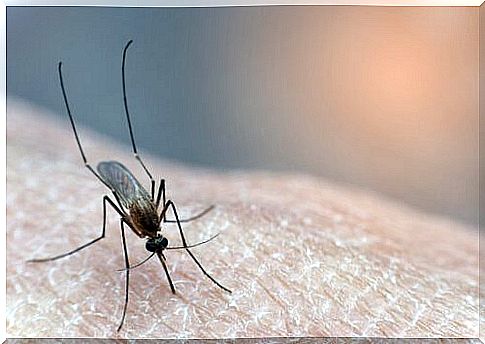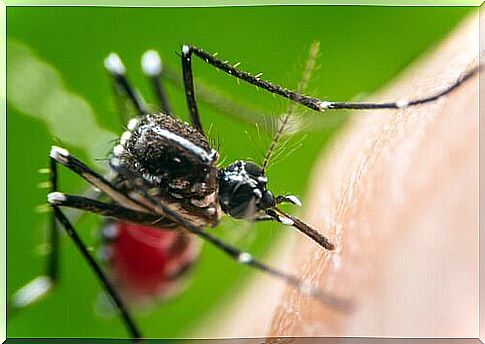Aedes Aegypti And Culex Transmit Lethal Disease In Dogs And Cats

Little known, the disease called Dirofilaria inmitis or “heart worm” (heartworm), is more common in dogs than in cats, even so, in addition to animals, it can affect humans.
Milena Guimarães, a veterinarian at the Hospital Veterinário Cão Bernardo, details: “The disease is transmitted by mosquito bites, including Aedes. The treatment is difficult and can last up to 10 months, so we need to be very attentive”.

Once the worm reaches the heart and large blood vessels, injuries can occur and, depending on the severity, lead the animal to death.
The symptoms presented are: coughing, decreased appetite and tiredness when practicing physical activities.
However, the patient can carry the disease for years and not show any symptoms, and this can make the treatment less effective.
Forms of diagnosis and prevention

The diagnosis can be made by blood tests, chest x-ray, echocardiogram, antigen tests and microfilariae research, but the stage of the disease can make it difficult to identify it.
Therefore, it is necessary to be aware when temperatures are higher and in places of greater risk, coastal and riverside areas, where there is a greater presence of insects.
There are also other ways to prevent the disease, with oral and topical medication. “But this form of prevention is for animals over 6 weeks old, because before that age it can be harmful to pets,” says Guimarães.
Check out more details in this video:
Heartworm cycle
As it is a disease caused by a parasite, there is an incubation period, in which the worms develop and are distributed throughout the body.
Until this happens completely, through cycles, our dog or cat will not show any symptoms.
The worm larvae are transmitted by the bite of infected mosquitoes in endemic and risk areas, such as coastal regions, rivers and lakes.
These larvae travel through the bloodstream, and the worms lodge in the heart and pulmonary arteries. There they will reproduce. When adults, they can reach 25 cm in length.
As the worms obstruct the pulmonary and heart arteries, they generate an inflammatory process that ends up causing cardiac arrest and/or respiratory failure.
Prevention
The best way to prevent the contagion of the heart worm is through periodic deworming, which will prevent the worms from reproducing.
Several medications exist on the market today for this purpose, but never medicate your pet yourself.
Any good veterinarian will be able to assess the need to deworm your dog or cat, and will recommend the correct medication and the best way to carry out the treatment.









